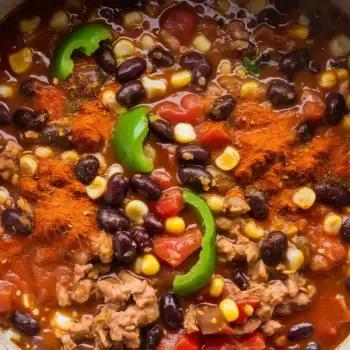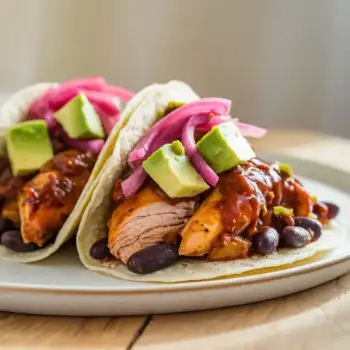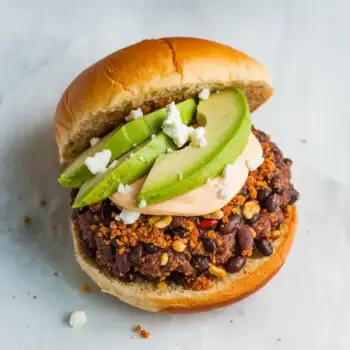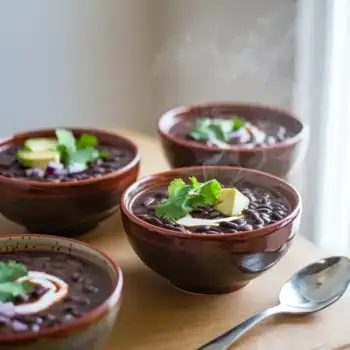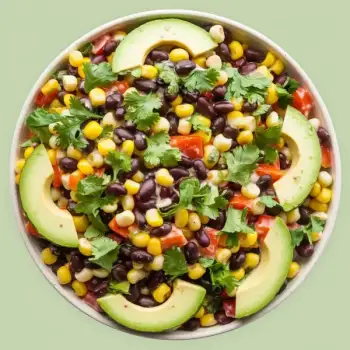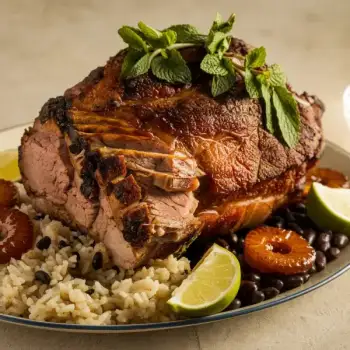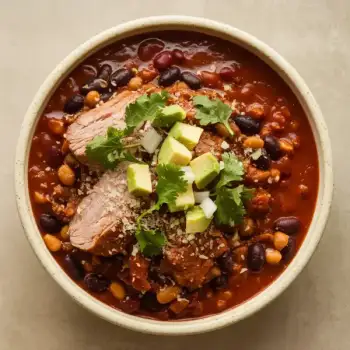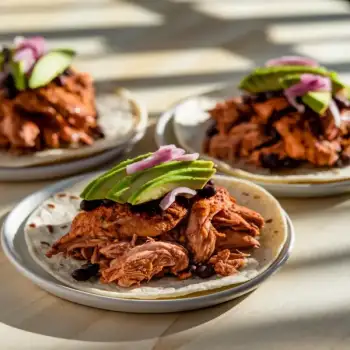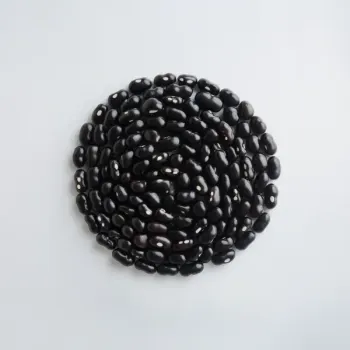


Dried
Black beans in their dried form, requiring soaking and cooking before use. They offer a fuller flavor and firmer texture compared to canned beans.
Canned
Pre-cooked and ready to use, canned black beans are convenient for quick meals. They tend to be softer and may have added salt or preservatives.
Frozen
Fully cooked black beans that are flash-frozen to preserve freshness and flavor, requiring only reheating before serving.
Refried
Black beans that have been cooked and mashed, often used in Mexican and Tex-Mex cuisine. They can be found canned or in pouches.




dried black beans: Bob's Red Mill
canned black beans: Goya
frozen black beans: Birds Eye
refried black beans: Rosarita

Soaking: Soaking black beans overnight in plenty of water helps to leach out indigestible sugars, reducing flatulence and decreasing cooking time. Drain and rinse the beans before cooking.
Simmering: After soaking, black beans should be simmered in fresh water until tender, which can take anywhere from 1 to 2 hours depending on whether they were pre-soaked. They should be cooked at a gentle simmer to prevent them from splitting open and becoming mushy.
Pressure Cooking: For those with less time, pressure cooking is an efficient method. Black beans can be cooked in a pressure cooker with a ratio of about 3 cups of water to 1 cup of dried beans, and the cooking time can be as short as 30 minutes after reaching high pressure without pre-soaking.




